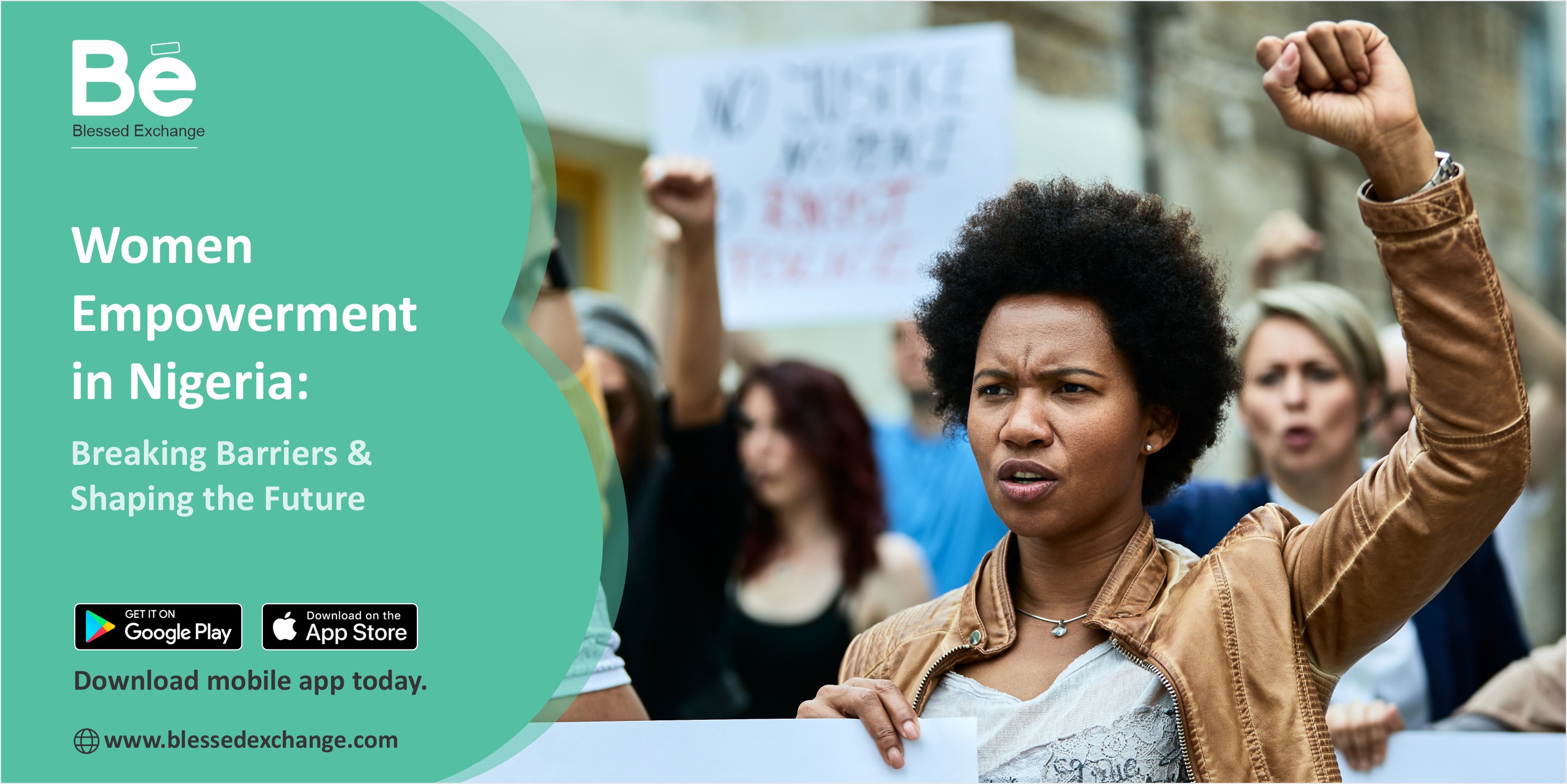Women Empowerment in Nigeria: Breaking Barriers and Shaping the Future
Women’s empowerment is the key to the growth of society. It leads to equity, development, and economic progress. Nigeria with its rich culture and diversified population, has worked hard for women's lives to be changed for the better. However, the road ahead for full equality is still having some obstacles. Let’s explore women's empowerment in Nigeria.
1. Historical Perspective
The history of women in Nigeria shows their strength and ability to overcome many challenges. Women, in the past, played key roles in their communities. They were traders, farmers, and even leaders like the queen of Zaria.
Despite having a very tough time, women in Nigeria have always fought for their rights. Today, women's rights groups continue working for equal opportunities in education, politics, and jobs. Their hard work has brought about many changes, but there is still more to be done for complete equality.
2. Education and Literacy
The best way to empower the women of the world is through education. The Nigerian Government has provided for more girls to go to school by implementing more and more school education programs, one of them being the Girls' Education Project (GEP).
Children, especially in rural areas, often fall victim to early marriage and poverty, which keep them away from going to school due to misguided cultural beliefs. What these problems require of Nigeria is effective long-term plans, more funding for the education sector, and support from its local communities.
3. Economic Empowerment
Empowering women means improving their economic participation, especially by helping them achieve financial independence. This enables them to start small businesses, such as community-based businesses.
Digital platforms have made this easier, connecting women across different regions. For example, financial tools that enable secure UK to Nigeria money transfers to help Nigerian women.
4. Health and Well-being
Health is another major aspect of women's empowerment. Maternal mortality rates have been reduced, and reproductive health care has become accessible to many Nigerians. Women’s well-being has improved through efforts such as family planning, immunisation, and campaigns against gender-based violence.
5. Cultural and Social Norms
Cultural and societal norms pose a significant barrier to gender equality in Nigeria. Traditions and stereotypes limit what women can do, but change is possible. Advocacy, media, and education work together to offer a new perspective on these old norms.
For true change, women's voices must be heard, empowering them to lead by example and inspire others to accept change.
Political Participation
Having women in political leadership is a key step toward achieving gender equality. In Nigeria, women have been less represented in key government positions. To change this, the Women's Political Empowerment Project was established to train and empower women to step into leadership roles.
This initiative would provide women with the skills and confidence to be more actively involved in governance and help increase the involvement of women in decision-making processes to create a more inclusive political environment.
Conclusion
Empowering women in Nigeria requires the cooperation of the government, private sector, and civil society to solve various complex challenges. Progress has been made in education, health, and economic sectors, but issues like cultural norms and low political representation still remain. The country's full potential can be achieved by overcoming these barriers and taking advantage of various opportunities.
At Blessed Exchange, we believe that distance should never keep you apart from those you love. Our fast, secure, and affordable money transfer services make it easy to send money from the UK to Nigeria, bridging the gap between you and your family.
 +44 02077326383
+44 02077326383
 info@blessedexchange.com
info@blessedexchange.com

